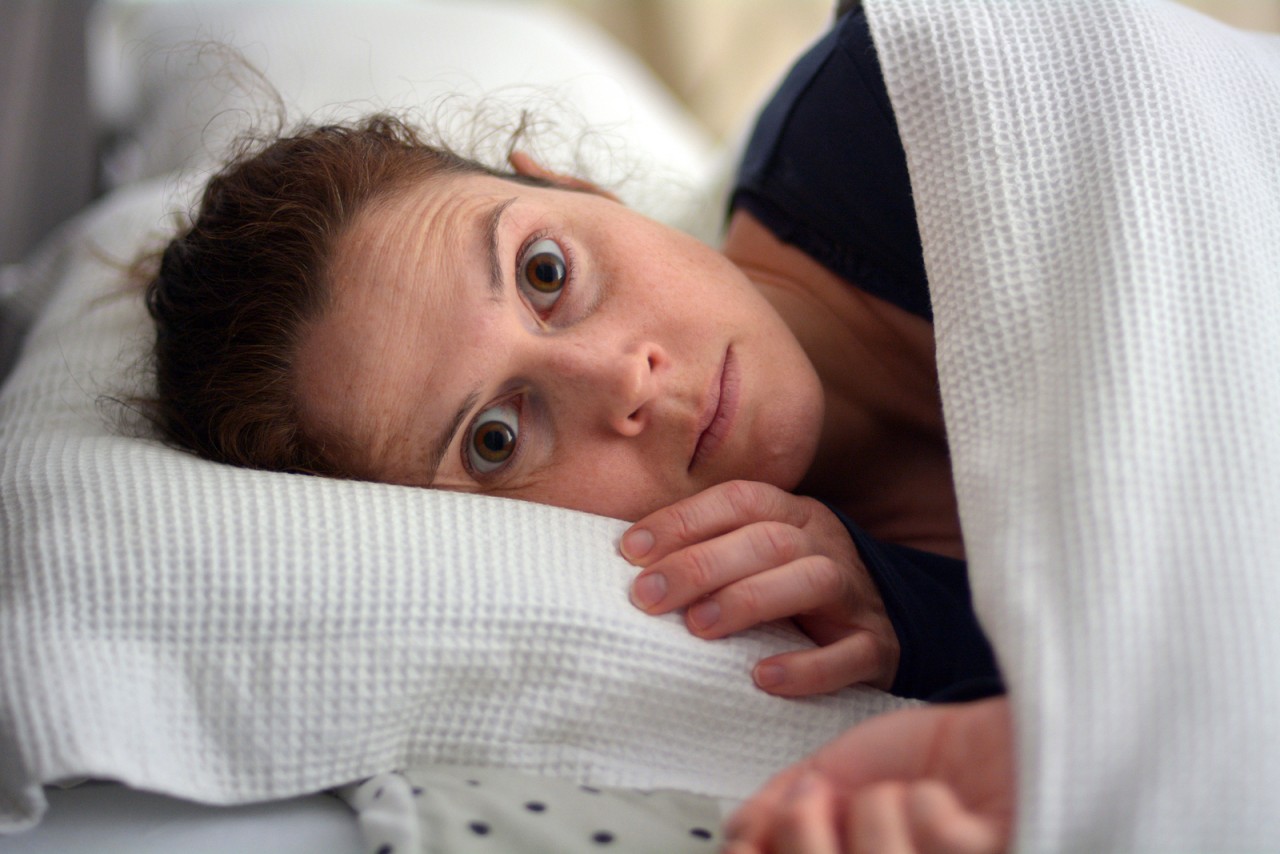
Every college student knows the eye-stinging pain of a caffeine-induced all-nighter. It’s been well documented that prolonged sleep deprivation will lead to lower cognitive and motor function, as well as impaired memory; it might even give you the tired-giggles.
No one has ever definitively shown why sleep is necessary for our survival, and no person has ever had sleep deprivation listed as their cause of death. As prominent sleep researcher John Allan Hobson states “The only known function of sleep is to cure sleepiness”. So, can sleep really kill you?Mouse studies have consistently shown that continued lack of sleep will lead to a 100% chance of death in relatively short order. To wit, every single mouse that has been subjected to total sleep deprivation has died within 2-3 weeks of the experiment’s start. For obvious reasons, the same studies have not been performed on humans. But given the many animal studies showing this very thing, and countless sleep deprivation studies with humans demonstrating the myriad of health problems associated with a lack of sleep, the general consensus is that a complete lack of sleep for too long will certainly lead to your early demise. However, for reasons that will become clear shortly, “sleep deprivation” isn’t likely to end up being what’s listed as the cause of death.
(Perhaps this would be a good time to recommend for those who have trouble sleeping or are otherwise wanting to optimize sleep quality Sleep Smarter, by Shawn Stevenson- a book not without issues, but on the whole a decent quick-read primer on optimizing sleep- or Sleep Soundly Every Night, Feel Fantastic Every Day: A Doctor’s Guide to Solving Your Sleep Problems, by Dr. Robert Rosenberg.)
So how does sleep deprivation kill you? To answer that, let’s take a closer look at what makes us want to sleep, and what chronic sleep deprivation does to your health.
Maintaining homeostasis is the term used to describe almost every reaction your body is trying to accomplish. Keeping all its molecules such as proteins, fats, electrolytes, hormones, and even its pH within a specific range. For example, the body’s normal pH range is 7.35-7.45. Too far out of this range and your cells begin to die. (It’s not surprise then that eating things that are more or less “acidic” doesn’t actually affect your blood pH levels in any meaningful way, contrary to popular belief. Your body keeps a tight lock on this using various mechanisms out of necessity.) The same is true of almost every one of the other molecules within the body.
One of the brain structures responsible for maintaining homeostasis via hormone release is your hypothalamus. The hypothalamus controls things like body temperature, hunger, thirst, fatigue, emotions, growth, salt and water balance, weight and appetite, and the circadian rhythm involved with sleep.
There are quite a few components working together that make you want to sleep and wake up. They normally revolve around 24-hour cycles known as circadian rhythms.
One factor that makes you want to sleep is the presence of Adenosine (a purine nucleoside). This compound inhibits many of the processes involved with wakefulness, specifically inhibiting neurotransmitters like norepinephrine, acetylcholine and serotonin. Adenosine levels will continue to rise in the brain while you’re awake. They reach their peak in the evening, and while sleeping your body will break it down.
The body also reacts to cycles of light and dark to regulate sleep. When light enters your eyes, a nerve pathway between your retina and the hypothalamus gets stimulated. An area of your hypothalamus called your suprachiasmatic nucleus (SCN) signals countless other parts of your body to begin releasing hormones controlling the desires to be awake or feel sleepy.
When darkness ensues, the SCN signals your pineal gland to release a hormone called Melatonin. Melatonin will make you feel less alert and sleepier. Melatonin levels stay elevated for around 12 hours, and by 9am, assuming a natural light/dark cycle, are barely detectable in your bloodstream. Interestingly, exposure to certain artificial light can affect melatonin levels significantly.
For example, if you’re reading this at night, the light from the computer screen can reduce melatonin levels and you feel less sleepy. This artificial light problem is why countless medical professionals warn against the effects of too much screen-time (cell phones, computers, and television). Failure to heed their warnings may result in insomnia and subsequent health issues which we’ll get into momentarily.
When morning comes, the SCN will then signal hormones like cortisol to be released. Cortisol is a stimulating hormone that naturally prepares your body to wake up. It affects everything from central nervous system activation, blood sugar levels, blood pressure, and immune responses.
The rhythm of this sleep/wake clock varies with age. Young children tend to sleep more in the early evening, older adults tend to go to bed and wake up earlier. Teenagers have melatonin released later at night, thus they tend to stay wake, and sleep in, later. Newborns don’t have the cortisol circadian rhythm and its patterns won’t develop until 2 weeks- 9 months of age. As every parent knows, their child sleeping through the night is a gift they pray for daily! The lucky ones get theirs answered sooner rather than later
Now that we know a little bit about how our bodies control sleep. Let’s look at the problems a lack of it can cause.
A good demonstration of how lack of sleep can kill you can be observed in the progressive, neurodegenerative disease called Fatal…
The post Can Staying Awake Too Long Really Kill You? appeared first on FeedBox.